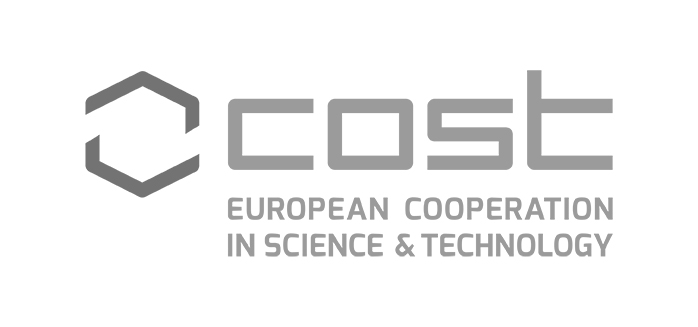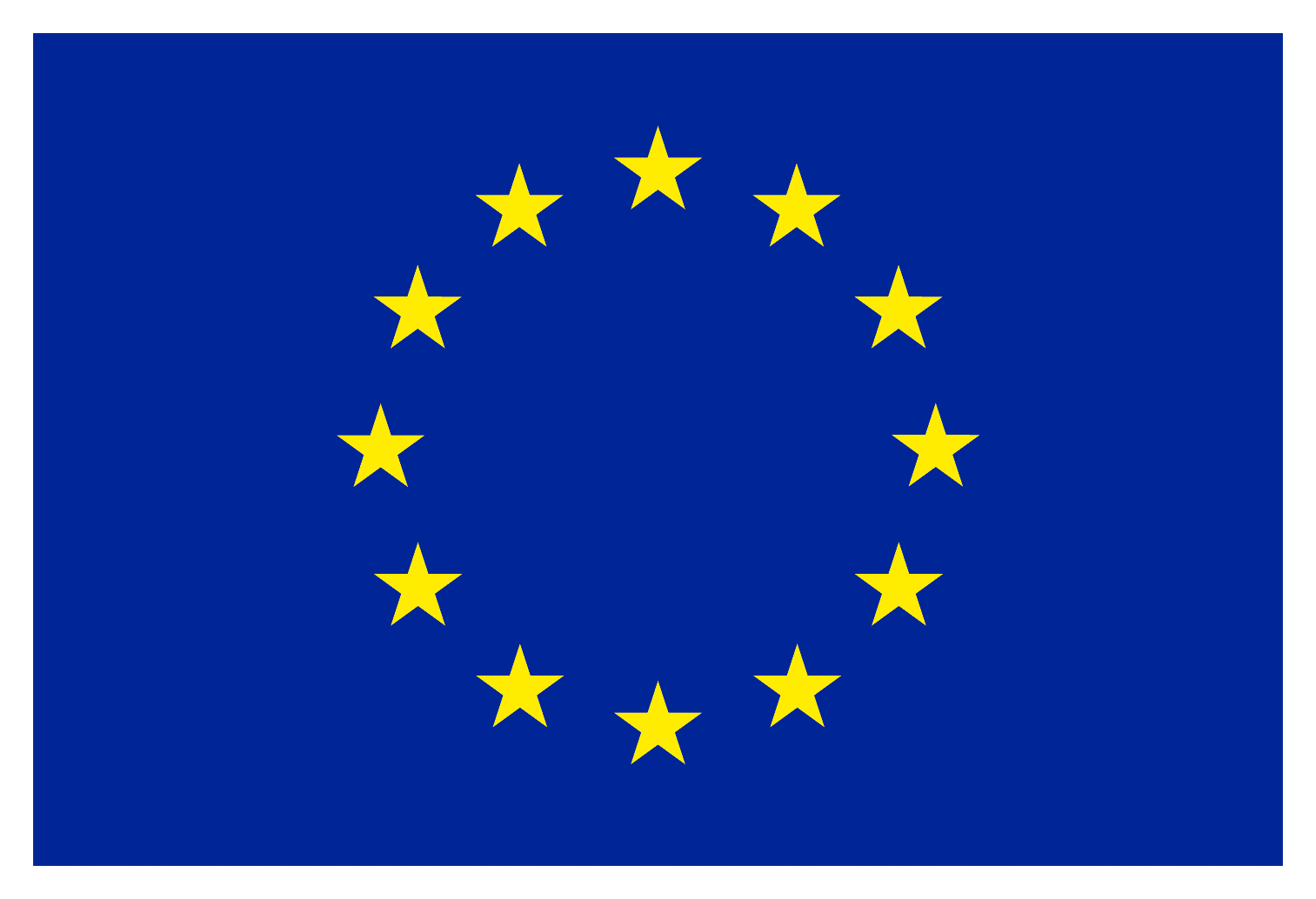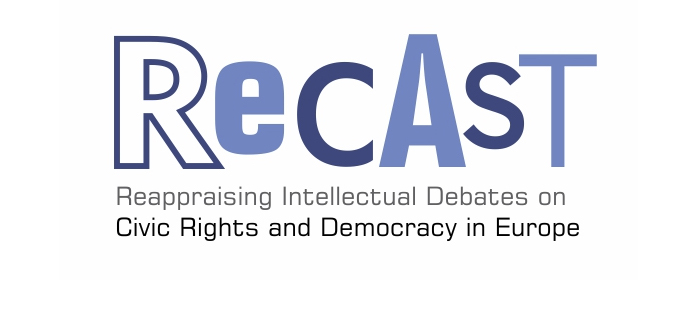Training School 2021 Edition
COST Action CA 16211 RECAST
Reappraising Intellectual Debates on Civic Rights and Democracy in Europe
Training School in the Humanities and the Social Sciences
Democratic Constitutionalism and Rights
Institute of Legal, Political and Sociological Research, Moldovan Academy of Sciences
10–12 February 2021
Convened by Profs. Jan Harald Alnes, Sia Spiliopoulou Åkermark, Alexandru Roșca and José María Rosales, and hosted by the Institute of Legal, Political and Sociological Research, Moldovan Academy of Sciences, this third edition of the Training School of COST Action RECAST, scheduled initially in Chișinău, Republic of Moldova, takes place as an online event.
In this Third Edition of COST Action 16211 RECAST Training School, originally scheduled for November 2020, we focus on the relationship between constitutions and rights while continuing to use the building block tools of RECAST, namely ‘concepts’, ‘practices’, ‘ideologies’ and ‘debates’.
A fundamental role of constitutional democracy, especially in the European traditions, is to protect basic human rights, such as freedom of speech, freedom of movement, free association, freedom of religion, gender equality and non-discrimination. An aspect of the populisms, nationalisms and cultural or religious mistrust that we experience throughout Europe today, is the questioning of some, or even of all of the human rights protected by constitutions.
What are the major debates about constitutionalism and rights in today’s Europe, in individual countries but also at a regional level? Some of the measures introduced by states as a response to the Covid-19 pandemic since early 2020 have been criticised, domestically or internationally, from a constitutional and a human rights point of view. Similar discussions took place some years ago with regard to migration. To what extent are human rights aspects present in public discourses around Europe today? How have relations between ‘centres’ and ‘peripheries’ within states been modified in recent months and years?
Please find below the programme (posted after the selection of trainees) and the syllabus.
Programme
Syllabus
Seminar 1
Prof. Ruzha Smilova, Sofia University
Constitutionalism and Democratic Backsliding: The Turn against 'Genders' in Bulgarian Constitutional Discourse
Constitutional courts played an important role in building and consolidating democratic institutions in post-communist states in Central and Eastern Europe during the transition period. This established them as effective and respected guardians of the Constitution against encroachments of parliamentary majorities in these trying times. Some of the constitutional courts also played a role of potent vehicles for the human rights revolution in the region, extending the scope of rights and their protection. In the post-accession period, a reverse trend is observed: rather than further enhancing human rights protection, some courts have turned into potent vehicles for extending the power of aggressive majorities to limit the rights of individuals and unpopular minorities.
This trend is demonstrated by an analysis of the political and social context, as well as the conceptual and ideological innovation in the landmark 2018 decision of the Bulgarian Constitutional court, which declared Council of Europe’s Convention on Preventing and Combating Violence against Women and Domestic Violence (Istanbul Convention) in violation of Bulgaria’s Constitution. This decision signals a radical turn in the Court’s human rights jurisprudence away from human rights protection. It thus illustrates a major problem with constitutionalism in the region during its post-accession “democratic backsliding” – the failure of constitutional courts to resist the pressures of populist assault on the institutions of constitutional democracy.
Seminar 2
Dr. Alexandru Roșca, Center for Political Science and International Relations, Moldovan Academy of Sciences
Efficacy vs Constitutionalism of the Pandemic Response
The outbreak of covid-19 and the subsequent declaration of lockdowns, states of emergency and temporary curtailment of civil liberties all looked like painful, yet unavoidable measures against the pandemic. Some nations have consistently won accolades for their swift, organized responses to pandemics, while others have been denounced as laggards. There was a swarm of comparative articles, studies and reports trying to shed light on different approaches in combating the crisis. Oftentimes their narrative was synonymous with the question of whether autocratic regimes were better at tackling the pandemic. A positive answer could lead to a sketchy assumption that autocracies are better than democracies. However, the narrative that an autocratic control of people and information is the only way to efficiently manage a pandemic is wrong on two counts.
First, it was exactly an authoritarian propensity to suppress bad news that made it possible for covid-19 to explode at the very beginning, when it might have been contained by the free flow of information and a rapid emergency response. Second, there were both democratic and less democratic societies in Asia that have managed to contain the virus without draconian measures. Same is true about Europe: there were both stories of dramatic struggling and examples of successful flattening of the curve. It may not be the best idea to try to compare opaque systems, where there is a clear disregard for human rights, versus those that adhere to a democratic system of governance.
Instead of jumping to the conclusion that autocracies are better systems of governance, it might be more rewarding to analyze the resilience of democracies in maintaining the rule of law, human rights and civil liberties in the face of the pandemic. And if we believe that democracy attributes are certainly not to blame for the downsides of covid management, then what features of liberal systems could be the loose ends? Is it just an issue of governance, preparedness and organisational setup, like tardy bureaucracy, lack of coordination and experience dealing with a crisis of this magnitude? Or is it more about the individualism of the democratic societies that makes collective action much harder? After all, is it really true that the harsher measures of the collectivist, autocratic systems to restrict travel and the movement of people were perfectly efficient? All in all, we are going to analyze the approaches of the iron fist versus dealing with the covid based on democratic checks and balances.
Seminar 3
Prof. Ronald Tinnevelt, Radboud University
Protecting our European Way of Life?
In the fall of 2019 then candidate for President of the European Commission Von der Leyen presented her political guidelines for 2019–2024. The report – A Union that strives for more - formulated her vision of ‘a Union of equality, tolerance and social fairness’ containing six leading ambitions for Europe. One of these was ‘Protecting our European Way of Life’ which involves ‘protecting our citizens and our values’ and builds on an uncompromising attitude ‘when it comes to defending our core values’. Immediately, the phrasing ‘protecting our European way of life’ was heavily criticized for being fascist and xenophobic. It was denounced as the ‘echo of far-right rhetoric that identifies Europe as white and Christian’; a dog-whistle ‘more suited to far-right extremists than to the Commission, which views itself as a defender of liberal values and paragon of inclusion, diversity and multilateralism’. Ultimately, the name was changed by replacing ‘protecting’ with ‘promoting’. So now we have a European Commissioner for ‘Promoting our European way of life’.
What this implies, however, is that there is only one European way of life which can be based on a clearly defined interpretation of its constitutive principles and values: like fundamental rights, rule of law and democracy. This session poses three questions: (1) is there merely one European way of life of are their different European ways of life?, (2) is there only one acceptable way of interpreting core principles and values like fundamental rights, rule of law and democracy or are there multiple?, and (3) If there is more than one European way of life and more than one acceptable interpretation of its core principles and values, then what implications should follow for the relationship between the old and new democracies in Europe?
Seminar 4
Dr. Petru Negură, Leibniz-Institut für Ost- und Südosteuropaforschung, Regensburg, Free International University of Moldova, Chișinău, and Institute of Legal, Political and Sociological Research, Chișinău
Social Cohesion and Social Capital from a Bottom-up Perspective: The Case of Moldova during the Covid-19 Crisis
Social capital and social cohesion are considered key in the formation of a democratic society with the respect of constitutional and human rights. This session will draw a theoretical overview of the concepts of social capital and social cohesion with a methodological discussion about ways to measure it. The session will discuss some aspects of the social cohesion and social capital in Moldova in the context of the covid-19 pandemic, based on mixed research, mainly on qualitative sources and methodology. The session, based on ongoing research co-authored by Lucia Gașper and Mihai Potoroacă, will examine several trends regarding core elements of social cohesion and social capital: the trust in state institutions; the forms of social support and solidarity among citizens; the compliance to dominant social norms; and acceptance of some minority groups, especially the returning emigrants. We will critically address the concepts of social capital and social cohesion to certain social behaviours in the context of the pandemic, emphasizing the dimension of the perception of socio-economic insecurity and social inequalities.
Seminar 5
Dr. Paul-Erik Korvela, University of Helsinki
Post-Truth and Freedom of Speech
Post-truth and post-factual have emerged as buzzwords allegedly describing the advent of a new era in politics. The turning point was allegedly in 2016, when Brexit referendum and Trump’s election as US president shocked the sensitivities of political commentators and pundits. The relatively good electoral success of populist right-wing parties across Europe, a trend that originated already some years before, only added to the feeling of change. Columnists one after another were stupefied and appalled by what they saw as some sort of perversion of politics: the voters have been mislead, people are making decisions based not on reason but on emotions, and facts do not seem to play a role in decision-making. The wide-spread use of terms like post-factualism or post-truth originated in this journalistic debate, not in academic discussions.
Analytically the terms “post-truth” and “post-factualism” add little if anything to the academic study of politics. More than offer new tools to study phenomena, they confuse and obfuscate the wide variety of political strategies already studied by previous generations of political scientists. Against the backdrop of history of political theory, claims to novelty in present politics could be relativized. In fact, “post-truth era” is in itself a post-factual claim based on feelings of change, not facts: facts do not support the view that lying in politics has qualitatively or quantitatively increased in recent years.
The present era is too often seen as a triumph of “alternative facts” and power-hungry populist politicians who do not really care if they are caught lying because for them the distinction between true and false has putatively ceased to exist. Consequently, also the people or the voters are indifferent to the truth-value of their leaders sayings, which opens up a path to totalitarian takeover of democracy, the argument goes. At the end of this slippery slope lurks an Orwellian dystopy.
I argue that the idea of “post-truth subjects” of politics, persons who are allegedly nonchalant of the truth-value of their candidates messages, is more fiction than reality. In fact, typically populist rhetoric is strongly relying on the notions of ‘truth’ and ‘lies’ and on the idea of a hidden truth that the political elite and liberal media allegedly conceal. Citizens are not abandoning the distinction between truth and lie, but rather emphasizing it. I argue that a kind of “truth-decadent subject” is nowhere to be found. Studies on voter behavior reveal perhaps decrees of ignorance, but not outright irrelevance of truth. Most supporters of populist or far-right parties are adamantly convinced of their own truth, rather than irrelevant about what is true or lie. This also manifests itself in discussions concerning freedom of speech, a constitutional right which some political actors claim is now deprived of them in the name of political correctness.
Seminar 6
Dr. Diana Mărgărit, Alexandru Ioan Cuza University, Iaşi
Legality vs Justice in the Current Democratic Debates
During the past decades, Central and East European democracies have been challenged by the increasing tension between legal and just aspects as reflected in the debates initiated by higher numbers of conservative social movements. Some of them reached their momentum when parliaments decided to organize national referendums or when constitutional courts ruled on issues such as the definition of marriage/family or the ban of abortion. My presentation seeks to analyse the narratives of conservative groups and their opponents from the legal/just conceptual perspective. In promoting their agenda, all the groups involved in the national debates in Romania, Slovakia, Czech Republic, Croatia, Poland and so on invoked human rights as their primary source of legitimacy. However, in teleological terms, the use of human rights arguments in order to prove oppositive claims (i.e. the right to make abortions vs the right to ban abortions) frame the ground for a challenging tension between legality and justice, challenging not only for the groups involved, but also for democracy itself.
Seminar 7
Prof. Gabriella Silvestrini, Università del Piemonte Orientale, Vercelli
Constitutionalism, Equality and Women: The Italian Experience
As Stefano Rodotà has highlighted (Diritto d’amore, Roma-Bari, 2015), the equality principle between spouses recognized by the Italian Constitution in 1948 (art. 29, c. 2: “Marriage is based on the moral and legal equality of the spouses within the limits laid down by law to guarantee the unity of the family”) had a highly controversial history before being applied in the realm of civil law with the reform of family law in 1975. A symptom of this resistance, he writes, can be glimpsed in the position assumed by some great jurists and founding fathers of the Italian Constitution, who positioned themselves against the idea of a “democratic” family.
Particularly interesting is the case of Piero Calamandrei, a member of Action Party (Partito d’Azione) and advocate of democratic socialism-liberalism (social-liberalismo democratico). In his interventions in the debates of April 1947 he declared that “moral” equality between spouses did not imply their “legal” equality, which was in contrast, according to him, not only with the exiting Italian legal reality, but also with the hierarchy necessary to the functioning of the family itself: the unity of command and representation.
In my session I would like to explore if and how this Lockean and Rousseauian vision of a family in need of a chief can be explained by other aspects of the political theory embraced by Piero Calamandrei as a “political writer” (N. Bobbio, Maestri e compagni, Florence, 1984), who was also a sound interpreter of Eighteenth-century thought, as his 1945 edition of Cesare Beccaria’s Dei delitti e delle pene demonstrates. This is a revealing example, suitable to be expanded in a comparative perspective to other democracies, of the significant discrepancies that existed, and to varying degrees still remain, between constitutional norms and civil codes. The equality of women became a defining test for the democratic character of the new constitution. These constitutional debates opened the path for a lengthy democratization.
Seminar 8
Prof. José María Rosales, University of Málaga
Interdisciplinary Research: Humanities and Social Sciences from the Horizon 2020 to Horizon Europe Agenda
This session aims to explore the recent integration turn in interdisciplinary research that is bringing about a qualitative change in research patterns from previous modularity approaches. Taking the European Union’s Horizon 2020 framework programme as background example, it pays attention to some consequences of the expectations of interdisciplinary research, understood in integration terms, on the practice of the humanities and the social sciences. The kind of impact required from innovative research affects not just the integration of the humanities, and the social sciences as well, across the research agenda, something envisioned by research policy especially since 2014 towards the Horizon Europe Agenda, but also in particular a thorough reappraisal of the methodological and technical integration of humanities research with other sciences.
The proposal, based on a forthcoming article in a special issue on interdisciplinarity of Global Intellectual History, argues that integrated responses, new syntheses, can be achieved through the questioning of mainstream knowledge by practitioners of different disciplines in scholarly and public debates. Producing innovative results to face major technological and societal challenges relies initially on science policy choices, but then it becomes a matter of both research planning and scholarly practices. In this regard, Democratic Constitutionalism and Rights provides an interesting case to explore the promise of interdisciplinary research, but also its intricacies.
 |  |  |  |



